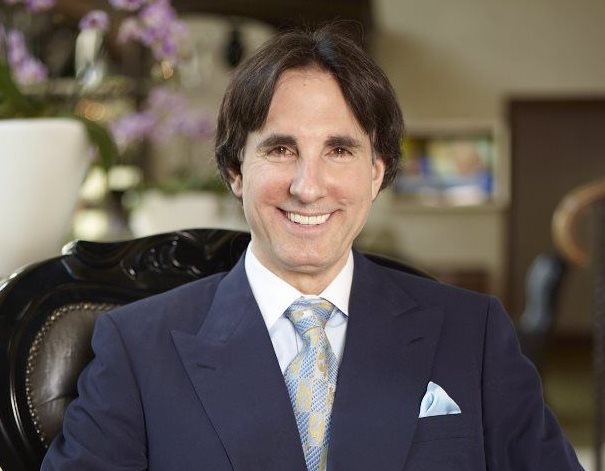
1. Find a need to fill that will also fulfil you as well
First and foremost, the most important thing an entrepreneur needs to do is to find out what exactly it is that businesses or people need, and make sure that this matches what is absolutely most meaningful and inspiring to you.
This need or value that you are going to fill must also be important to you and on your list of highest values so that you have a relentless drive to go and serve this need. In other words, it is important to make sure that you are doing something that’s meaningful and inspiring to you and serves a great number of people.
2. Clearly define all the functions required to build your business
Those functions are based on exactly what is systems and structures are required to fulfil your customer’s needs or values and to profit. You must imagine every single step required to serve the customer. This helps build an infrastructure step by step.
3. Meet the need and generate the income
I think a great number of entrepreneurs set up fantasies that they have to depend on money to get their business started. Many have this grandiose idea that they’re going to do this, and then they need a certain amount of capital to get it going, instead of going in and actually meeting a need and generating income and then infusing capital into a proven model.
If you do it that way, then you don’t have to give away portions of your business and accumulate possibly unnecessary debt. Ask how you can be paid upfront to fulfil each essential step instead of how you can borrow to fulfil them. Sure selling in advance is often wiser than borrowing and gambling on what customer might want.
Those who decide to wait for capital before they start their business often feel they can’t get it started without outside capital. Then, a year later they’re still trying to get the capital together to get their business started.
It’s often wise to actually make sure you have something that really meets a need and be willing to work from the grassroots up and prove yourself and then infuse capital based on what’s already produced and proven and build it that way.
4. Manage money wisely
Save a portion of the money earned, and take another portion and return it back into the business to grow it.
It’s important to have a liquid cushion – it’s unwise spending all your money or putting all of it back into the business and then having no cushion to fall back on. Make sure that a portion of the money is put into liquid cash. The greatest companies have a great reserve of cash. Liquid cash is important.
Many entrepreneurs are gambling instead of investing and looking for a quick return instead of being patient.
5. Have adequate liquidity to prevent opportunity take overs
Watch out for opportunists - when you are running a successful business. There will be opportunists who come along and offer to purchase the business for much less than it may be worth. That is another reason to have adequate liquid capital on hand because without it, you can become vulnerable to others coming in and taking over the business. Leverage buyouts can occur. Remember, cash is king. Cash grabs opportunities. So be sure to save and invest.
6. Keep focused
If you are not making money, then you must not be serving people. So make sure you are truly meeting your customer’s needs and serving them. Don’t take your focus off your mission. Don’t forget what got you to a point of success.
7. Be true to yourself
Don’t try to be somebody that you are not. Don’t envy and imitate other companies, you may end up not being authentic and true to what your values are. It is wiser to recognise where and when you already own the traits of those you admire according to your own highest values. You already have what it takes.